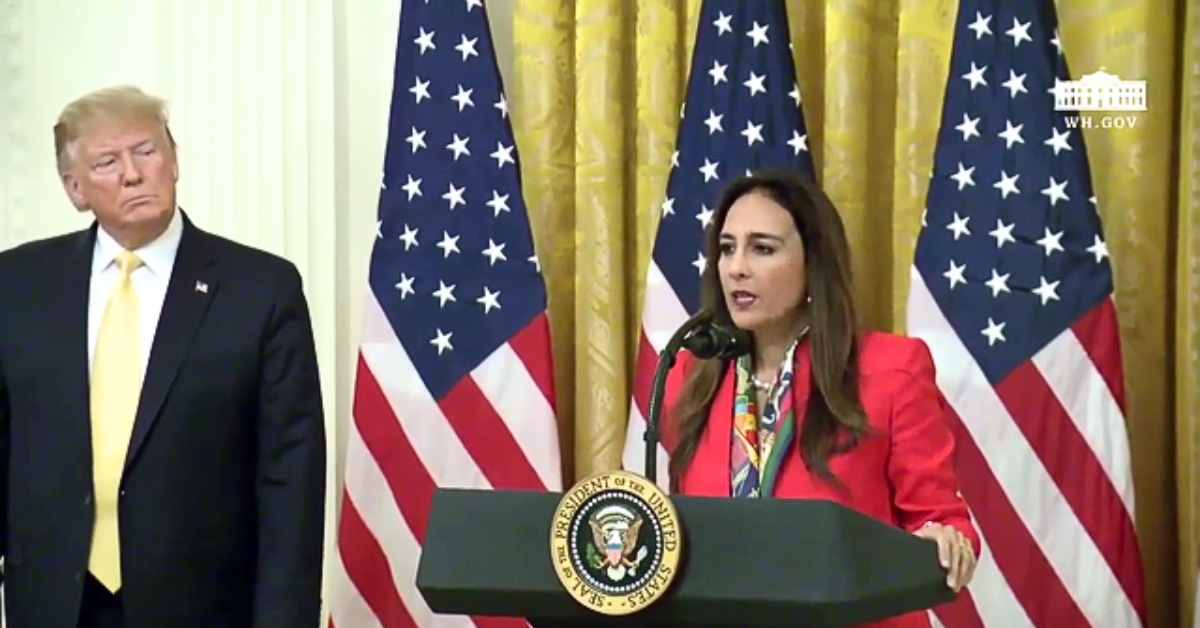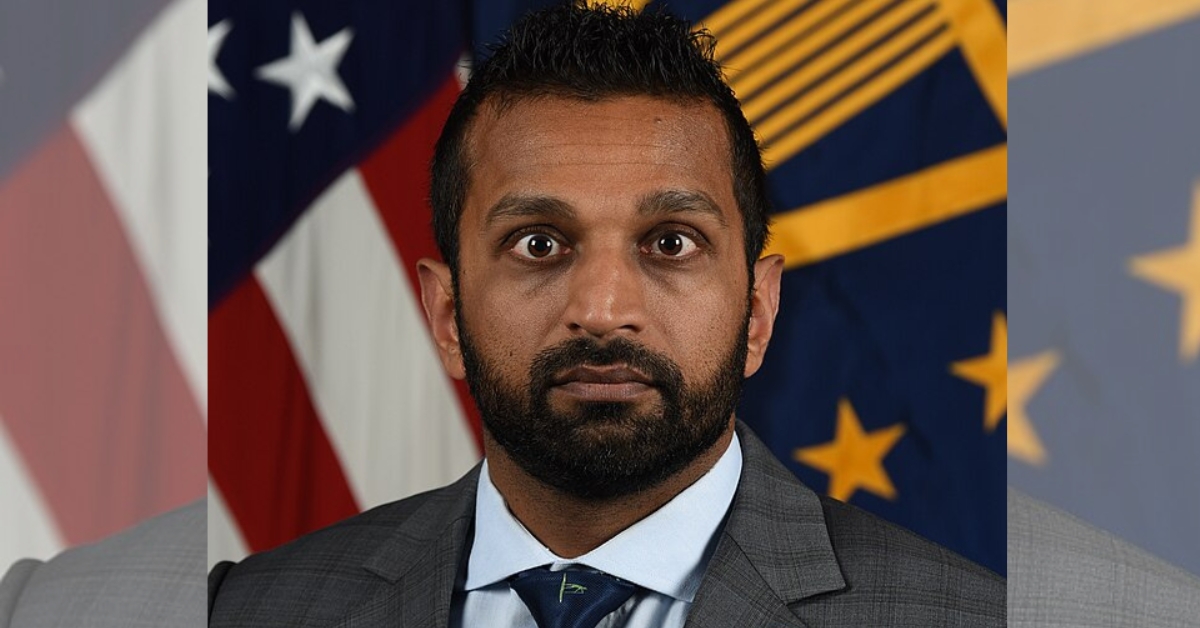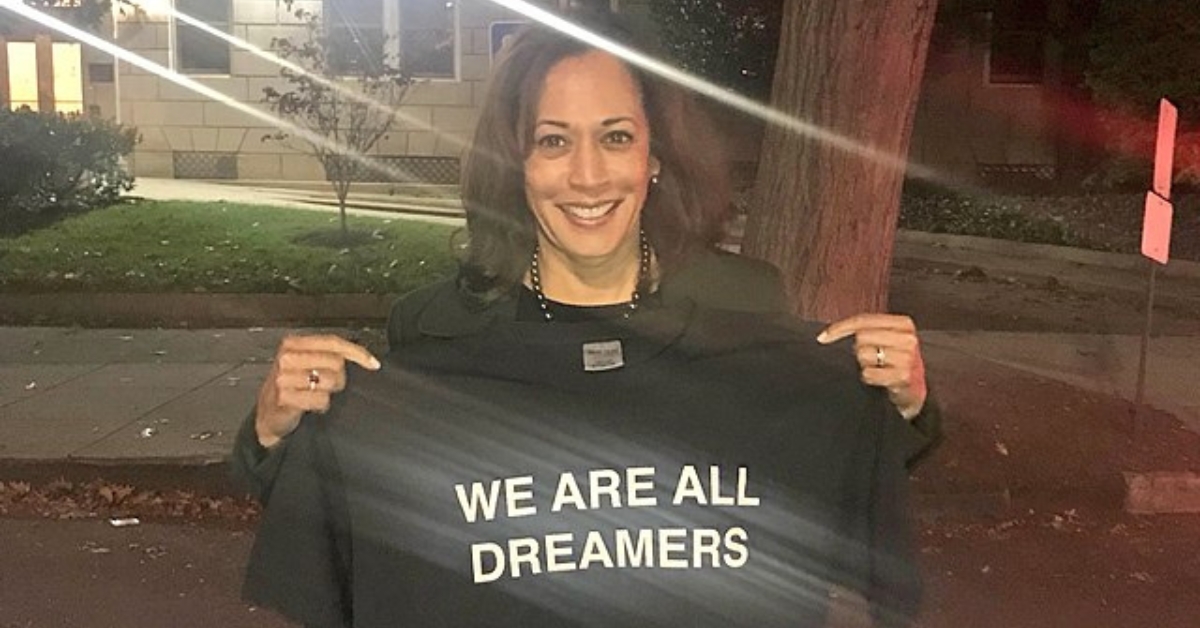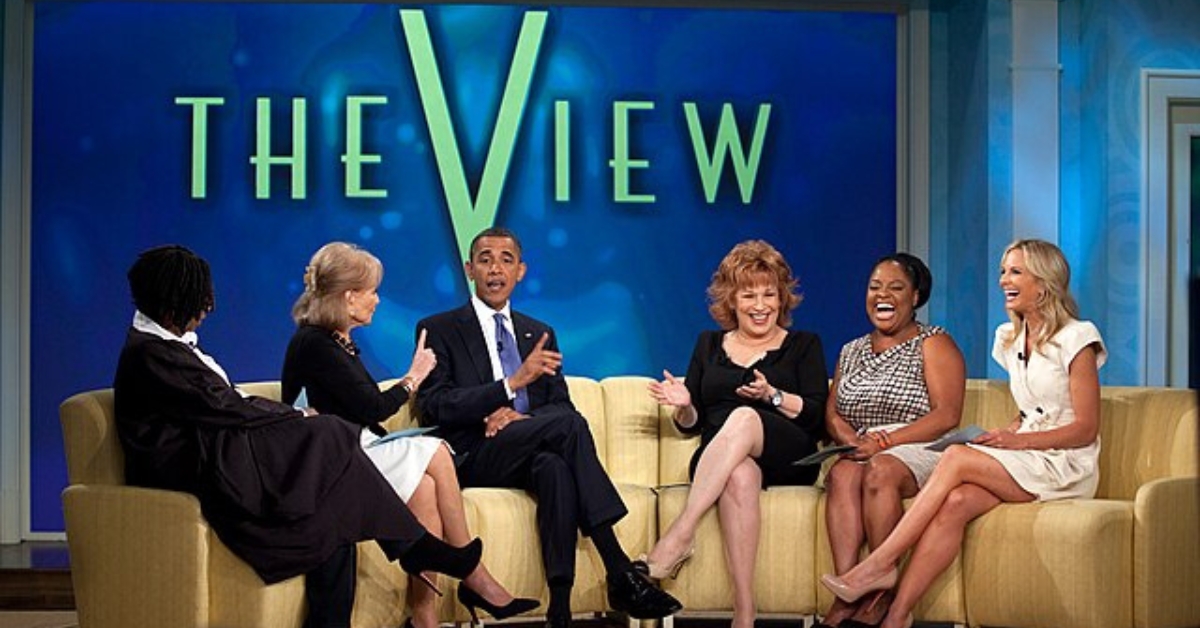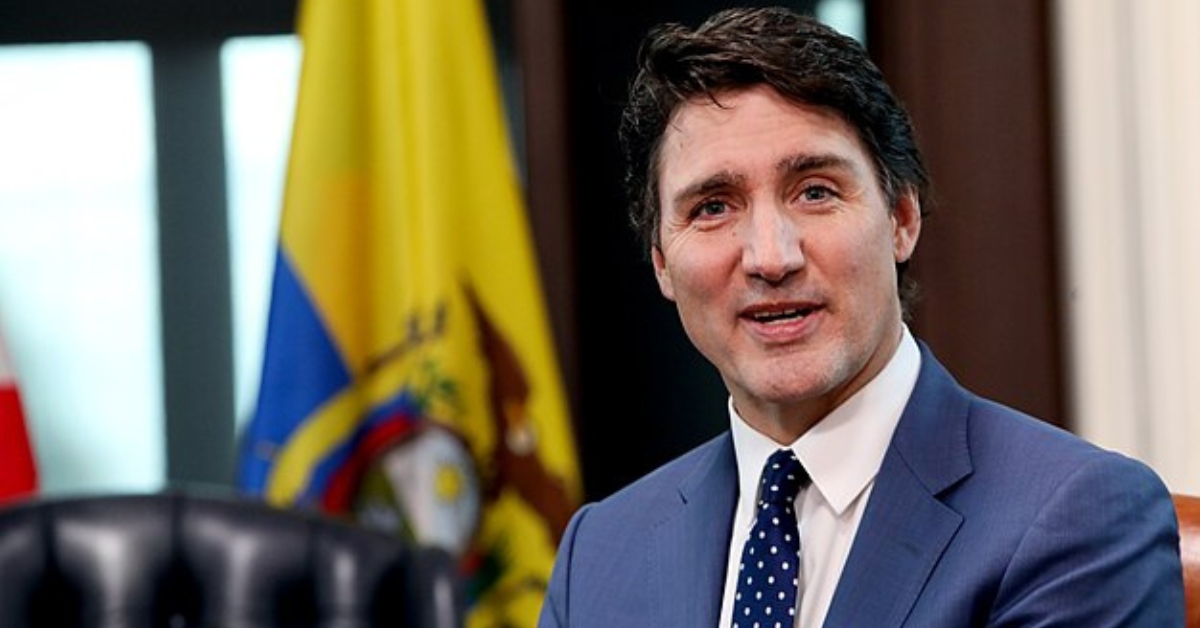
More Families Are Opting Out of Government-Run Schools
In recent years, there has been a noticeable shift in how families approach the education of their children. A growing number of parents are now choosing alternatives to public schooling, such as homeschooling or enrolling their children in childcare centers that offer educational programs. This trend is more than just a deviation from tradition; it’s a reflection of parents’ increasing involvement in their children’s education and a response to the inadequacies they perceive in government-run schools.
The essence of this shift lies in the belief that traditional public schools, in many instances, are failing to address the unique needs of each child. In an environment where one-size-fits-all education is the norm, individual attention and tailored learning approaches are often sacrificed. Moreover, the curriculum in many public schools is increasingly seen as disconnected from the fundamental values and skills that parents wish to instill in their children. Issues such as the early introduction of complex concepts like gender pronouns can be confusing and inappropriate for young children, leading parents to seek more controlled and nurturing educational environments.
Homeschooling, in particular, has gained significant traction. It allows parents to create a bespoke educational experience that aligns with their family’s values, beliefs, and educational goals. In a homeschool setting, education is not just about academics; it’s a holistic approach to nurturing a child’s intellectual, moral, and emotional development. Parents have the freedom to incorporate life skills, moral education, and experiential learning that often get overlooked in the standard curriculum of public schools.
Childcare centers, too, are evolving. Gone are the days when these centers were seen merely as places for care and basic pre-school activities. Today, many of these centers offer structured educational programs, focusing on early childhood development, socialization skills, and preparatory academics. These centers can be particularly beneficial for working parents who seek a nurturing educational environment for their children during their formative years.
This shift towards homeschooling and childcare centers represents a broader movement among parents to take control of their children’s education. It’s a response to the realization that government-run schools are not always the best fit for every child. By choosing alternative educational pathways, parents are advocating for a more individualized, value-driven education that prepares their children not just academically, but also as well-rounded, morally grounded individuals.
In conclusion, the trend of moving away from public schooling in favor of homeschooling or educational childcare centers is a testament to parents’ commitment to their children’s education. It’s a movement that respects the uniqueness of each child, prioritizes individual growth and learning, and recognizes the crucial role of education in shaping the future of our society.
